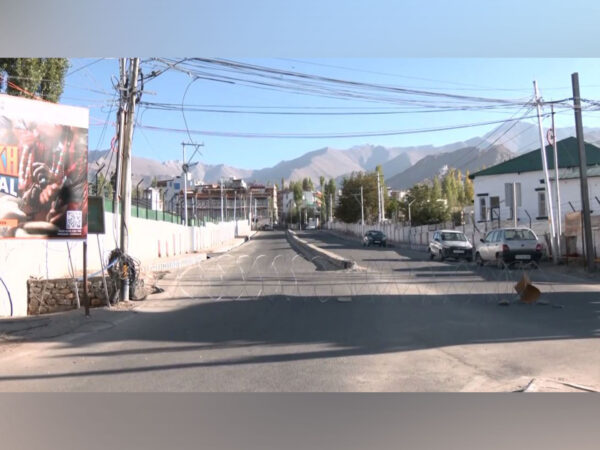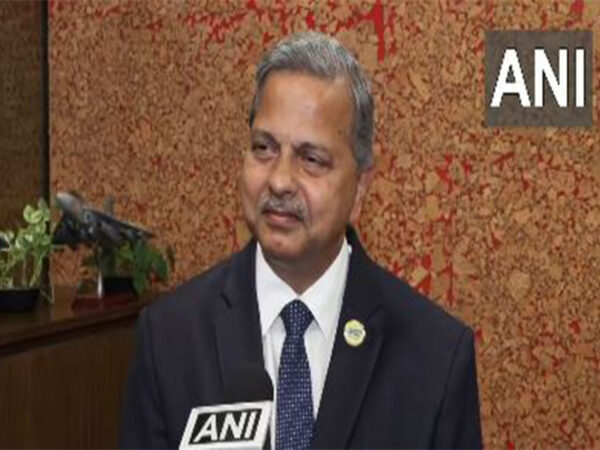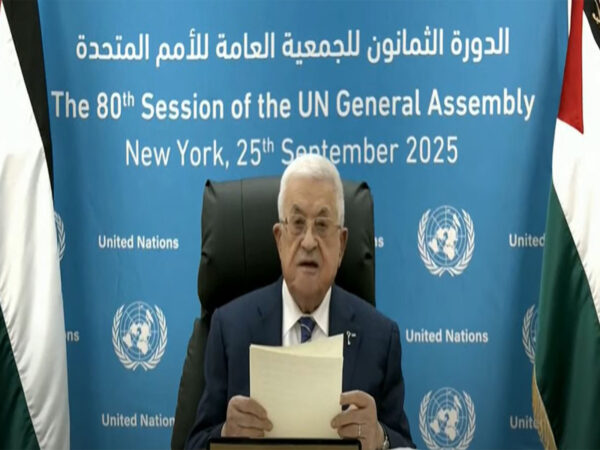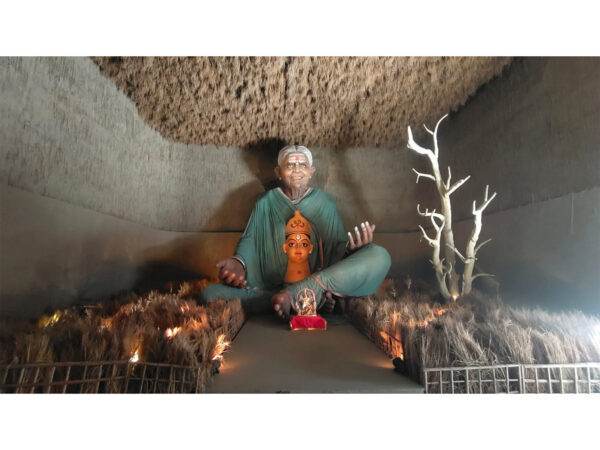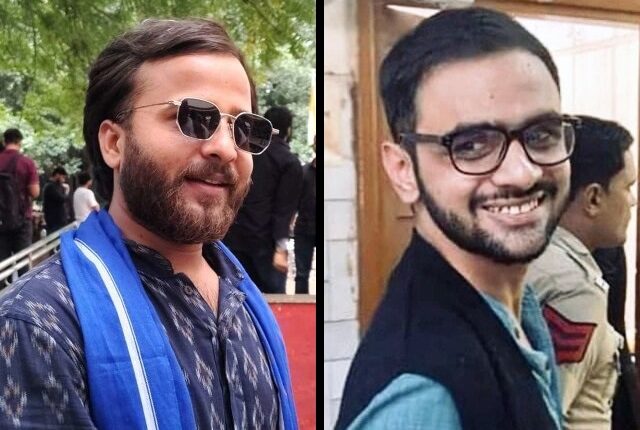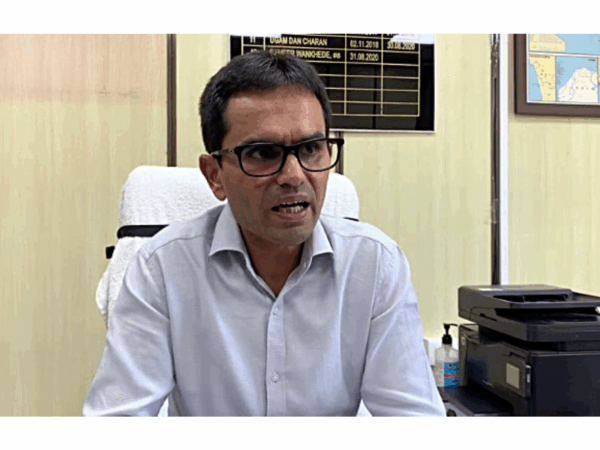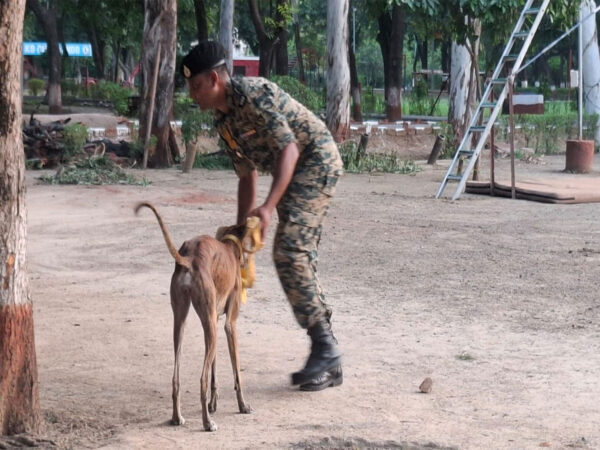Clinical bowling performances from Shaheen Shah Afridi, Haris Rauf and Saim Ayub powered Pakistan into the final of the ongoing Asia Cup 2025, where they will face arch-rivals India for the first time in the history of the tournament across both ODI and T20I editions, following an 11-run victory over Bangladesh in their final Super Four clash on Thursday.
With this win, Pakistan concluded their Super Four campaign with two wins and one loss, placing them second on the points table. India, who sit atop the standings with two wins, will take on Sri Lanka in their final Super Four match on Friday, aiming to remain undefeated.
Bangladesh, meanwhile, finished third with one win and two losses, giving them two points. Sri Lanka has been eliminated, having lost both their games and is at the bottom spot.
During a chase of 136 runs, Bangladesh lost three wickets for 44 runs within the powerplay itself, with Shaheen (3/17 in four overs) proving to be destructive in his pairing with Rauf (3/33 in four overs). Shamim Hossain (30 in 25 balls, with two sixes) tried to hold the innings together, but a relentless Pakistan reduced them to 124/9, with Rishad Hossain (16* in 11 balls, with two fours and a six) and Mustafizur Rahman (6* in four balls, with a four) failing to get their team to the finishing line when they needed 51 runs in final five overs. Clearly, they missed the experience of their regular skipper Litton Das, who was not playing due to an injury.
This match also marked the lowest total defended by a team in Dubai in T20Is between full-member sides. The previous record was New Zealand’s 144 against Pakistan in 2018.
Rauf delivered some big blows to Bangladesh towards the end in the last five overs, making sure Bangladesh never got any momentum. He went above Australia’s Adam Zampa (130 scalps) to become the eighth-highest wicket-taker in T20Is, with 133 scalps in 93 matches at an average of 20.72, with best figures of 4/18. Afghanistan’s Rashid Khan (173 scalps in 103 matches) remains the top wicket-taker in the shortest format.
Rauf also overtook Sri Lankan spinner Wanindu Hasaranga (16 wickets in 11 wickets) as the top wicket-taker in T20I Asia Cup history, a tournament which has spanned three editions. Now in 10 matches, he has 17 wickets at an average of 15.76 in this competition, with best figures of 3/29.
In the ongoing tournament so far, he has taken nine wickets at an average of 12.77 with best figures of 3/33. He is currently the joint second-highest wicket-taker in the competition, with Indian spinner Kuldeep Yadav being the chart topper with his 12 wickets.
Earlier, Bangladesh skipper Jaker Ali won the toss and opted to bowl first. Bangladesh’s bowling looked threatening right from ball one, as Pakistan was restricted to 71/6 in 13.3 overs, with Taskin Ahmed, Mahedi Hasan and Rishad Hossain wreaking havoc on helpless Pakistani batters, with none of the top five crossing the 20-run mark.
A 38-run stand for the seventh-wicket between Mohammad Haris (31 in 23 balls, with two fours and a six) and Mohammed Nawaz (25* in 15 balls, with a four and two sixes), the only two players to touch the 20-run mark, helped Pakistan reach a scratchy 135/8 in their 20 overs.
Taskin Ahmed (3/28) was the leading bowler for Bangladesh along with Rishad Hossain (2/18 in four overs) and Mahedi Hasan (2/28). Mustafizur Rahman, who took 1/33 in four overs, went above New Zealand’s Ish Sodhi (150 wickets) to become the third-highest wicket-taker in T20Is, with 151 scalps in 119 matches at an average of 20.66 and best figures of 6/10. He has three four-wicket hauls and two five-fors in the format. He is already above legendary Shakib al Hasan (149 wickets) as Bangladesh’s top T20I wicket-taker. Afghanistan’s Rashid Khan (173 scalps in 103 matches at an average of 13.93, with best figures of 5/3, eight four-fera and two five-wicket hauls) is the format’s leading wicket-taker. (ANI)
Also, Pakistan batter Saim Ayub’s nightmarish Asia Cup 2025 continued as he registered his fourth duck in six innings of the competition and overtook former all-rounder Shahid Afridi to have the second-most ducks for Pakistan in T20Is.
Ayub fell for a three-ball duck against Mahedi Hasan against Bangladesh during his side’s must-win Super Four clash, a virtual semifinal for a spot against the final against India. His run in the tournament has been a total of 23 runs in six innings at an average of 3.8 and only one double-digit score, 21 against India in the Super Four stage.
Afridi had eight T20I ducks in 90 innings, while Ayub has done him one better in half the innings. Umar Akmal has the most ducks by a Pakistani batter in T20Is, with 10 in 79 innings.
In 47 T20Is for his nation, Ayub has made 839 runs in 45 innings at an average of 19.51 and a strike rate of 134.24, with four fifties and a best score of 98*. In 20 innings this year, he has scored just 341 runs at an average of 17.05 and a strike rate of over 129 with three fifties and a best score of 69.
Brief Scores: Pakistan: 135/8 (Mohammed Haris 31, Mohammed Nawaz 25*, Taskin Ahmed 3/28) beat Bangladesh: 124/9 (Shamim Hossain 30, Saif Hassan 18, Shaheen Shah Afridi 3/17). (ANI)
